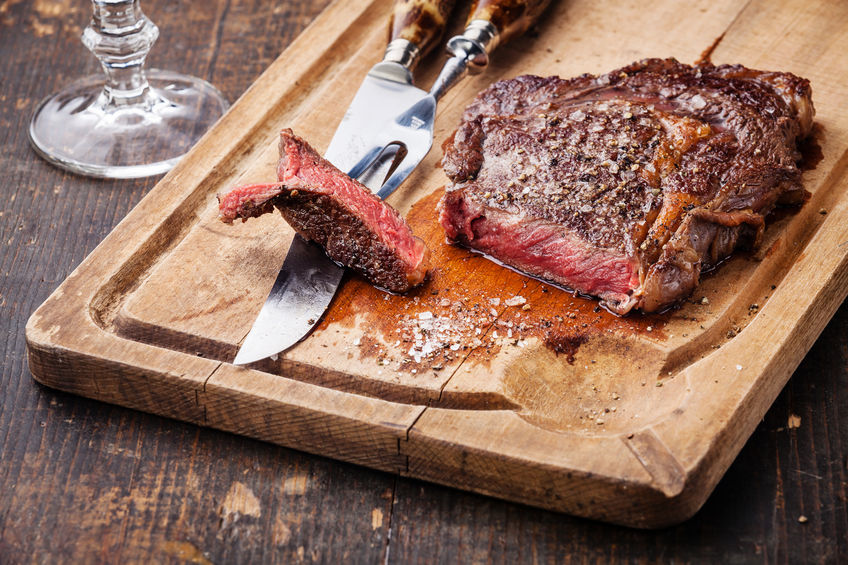
Caterers are increasingly turning to quality British produce instead of engaging in a ‘race for the bottom’ on price, according to the Soil Association.
£49.7 million is spent on British food through the Soil Association’s Food for Life Catering Mark (raw ingredients from the UK, including meat, fish, eggs, dairy products, fruit and vegetables, oil, sugar and flour) – an increase of 40% over 2015.
£38 million of this food meets Red Tractor standards.
Eating out is the fastest growing part of the UK food market, outperforming the retail food grocery market, with consumers in the UK eating out more frequently. The total UK eating out commercial market was worth £85.4bn in 2015, with a growth rate of 2.9%, compared to flat retail sales.
The scheme has encouraged ‘positive changes’ in the catering sector to local, sustainable and ethical products with points given for spending on different schemes such as LEAF, RSPCA, Fairtrade and Organic.
'Race to the bottom'
Soil Association senior catering mark manager, Rich Watts said: “Instead of a race for the bottom in terms of sourcing the cheapest ingredients for public sector catering, the Food for Life Catering Mark celebrates those who are making change for the better.
“It does not just reward the steps taken by the caterer to refocus on sustainable and ethical food, but recognises British food and farmers,” he said.
“There are obvious opportunities for UK farmers in supplying into the catering sector, and as more caterers look to source local food we’re only expecting demand to grow”
Half of English schoolchildren now eat meals which hold the award and £71.6m was spent on ‘ethical schemes’ in schools annually.
There was a 100 per cent increase in ‘free range’ sales, with £6m spent on free range pork and poultry.
